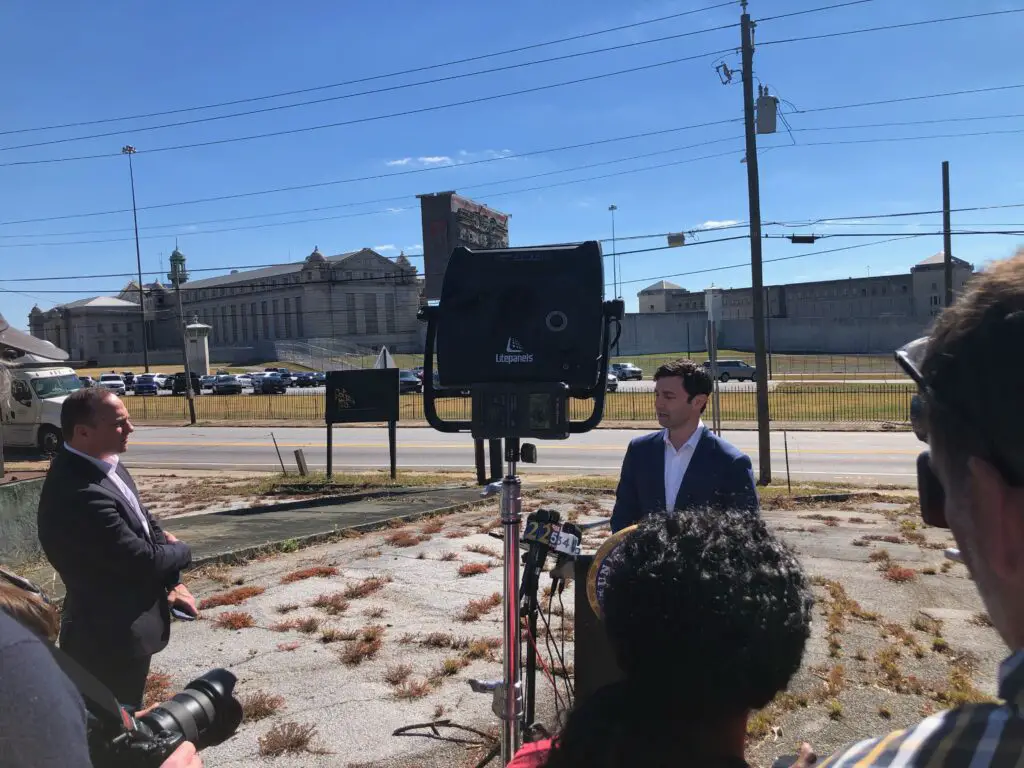Nearly 1,800 children in the custody of the state of Georgia were reported missing between 2018 and last year, U.S. Sen. Jon Ossoff revealed Friday.
Ossoff, D-Ga., obtained those numbers from the National Center for Missing and Exploited Children as part of an investigation a Senate subcommittee he chairs launched eight months ago.
“These numbers are deeply troubling because these are more than numbers. These are children,” he said. “And according to the U.S. Department of Health and Human Services … children who go missing from care are left more vulnerable to human trafficking, to sexual exploitation, and to other threats to their health and safety.”
Ossoff’s remarks Friday came two days after the Senate Human Rights Subcommittee heard testimony from a Georgia mother whose two-year-old daughter was murdered after the Georgia Division of Family & Children Services (DFCS) placed her in the care of her father’s live-in girlfriend. Another young woman described her ordeal of abuse and neglect while essentially held captive in Georgia’s foster-care system.
Ossoff reported during Wednesday’s hearing that a DFCS internal audit showed the agency failed in 84% of cases brought to its attention to address risks and safety concerns.
Of 1,790 children in the care of DFCS who were reported missing, the national center’s review found some children were listed as missing repeatedly. As a result, the center documented nearly 2,500 episodes of missing children in the five-year span.
A federal law passed in 2014 requires state agencies to report a missing child to both law enforcement and the national missing children center within 24 hours of receiving information about a missing child under their care.
“This investigation is ongoing,” Ossoff said Friday. “The subcommittee is working actively to analyze data and produce additional findings. … This is about vulnerable children who deserve protection from abuse, who deserve sanctuary from neglect. And that is why I will continue relentlessly to investigate failures to protect the most vulnerable children in our state.”

Dave Williams | Capitol Beat News Service
Dave Williams is the Bureau Chief for Capitol Beat News Service. He is a veteran reporter who has reported on Georgia state government and politics since 1999. Before that, he covered Georgia’s congressional delegation in Washington, D.C.


